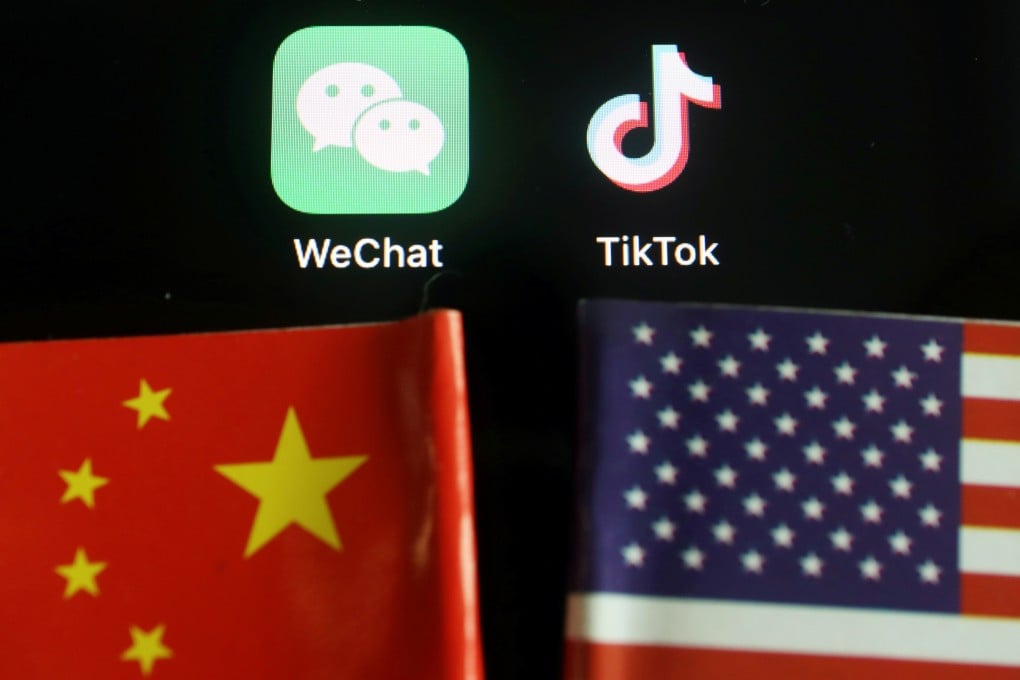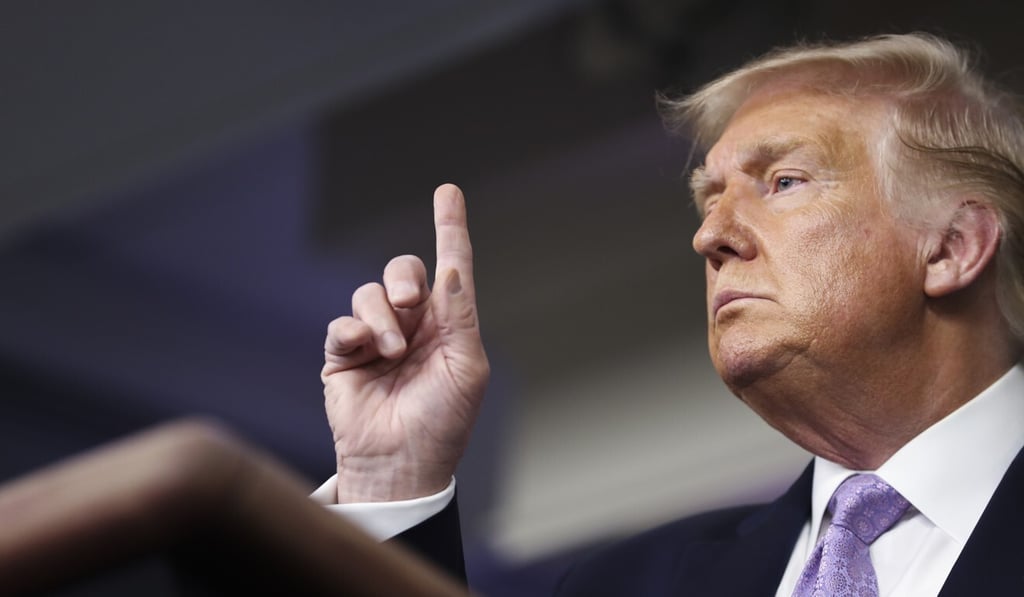Advertisement
Southeast Asia eyes US call for TikTok, WeChat bans with caution
- Users include the region’s millions-strong Chinese diaspora, who rely heavily on Chinese apps for business, leisure and to keep in touch with family
- Asean countries are unlikely to take the Trump administration’s position but this is another front of US-China contestation they now have to face
6-MIN READ6-MIN

For Sun, a Wuhan native studying in Singapore, popular Chinese messaging app WeChat is her sole means of communication with her family and friends back home. The 28-year-old National University of Singapore student spends more than five hours a day on the app, on average, although some of that time is taken up with watching videos and catching up on the news.
There are countless others like Sun across Southeast Asia, including the region’s millions-strong Chinese diaspora, who count on apps developed by mainland China companies to not only stay in touch with loved ones, but also connect with mainland business contacts.
Which is why the US government’s recent push to remove Chinese apps from American app stores is being watched so intently in the region, for any signs that Washington might pressure its Asian allies into imposing similar policies.
Advertisement
Already US President Donald Trump has ordered the Chinese owner of popular music video app TikTok to sell its US assets, citing national security concerns, while earlier this month he ordered US firms to stop doing business with WeChat, the social networking and mobile payment “superapp” made by Chinese internet giant Tencent. These moves come amid worsening US-China tensions, as the two superpowers clash on everything from trade to the South China Sea to technology and the coronavirus.

Advertisement
India, embroiled in its own tense stand-off with China over their disputed border, has already banned a host of Chinese apps, while in staunch US ally Japan, members of the ruling party are asking Tokyo to pay attention to the possible data security risks posed by TikTok.
“Since there’s so many countries pointing out the risks, Japan cannot just stand by and watch,” said senior Liberal Democratic Party official Akira Amari on Sunday.
Advertisement
Select Voice
Select Speed
1.00x